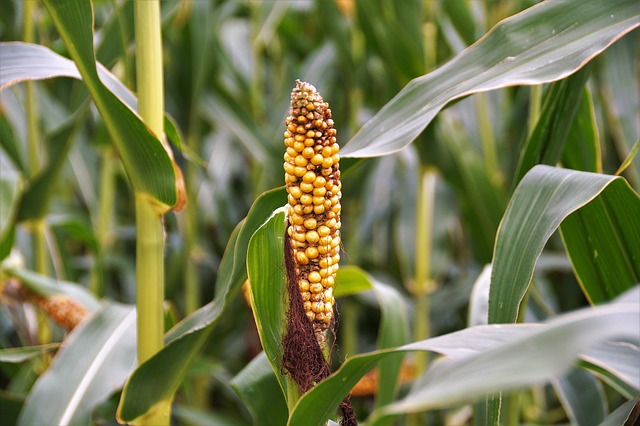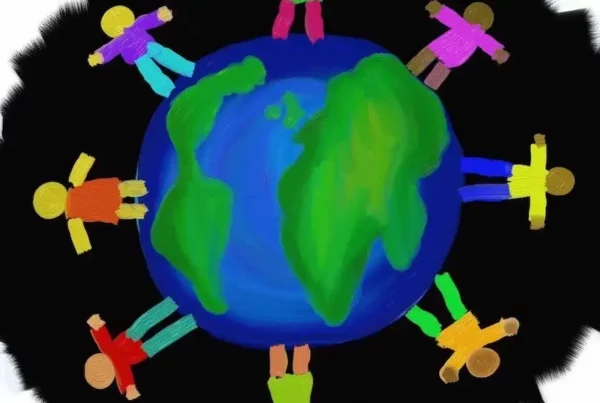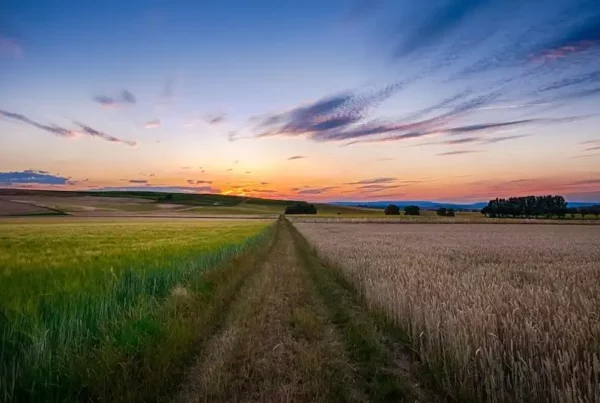Re-published from the CONNECTED Virus Network website. Thanks to Richard Wyatt for sharing.
An innovative partnership between two city universities has resulted in a brand new 90-second animated film about plant diseases that devastate African food crops. Two students from UWE Animation at UWE Bristol were commissioned by the CONNECTED Virus Network, based at The University of Bristol and Newcastle University, to make the short cartoon.
In a simple and hard-hitting way, the film depicts how the staple food crop cassava is destroyed in Sub-Saharan African countries by viruses carried by whiteflies. It draws attention to the way the 1,100-strong CONNECTED Virus Network is bringing together world-class researchers from across the globe to address these issues.
Early in 2019 Eve Bannister and Charlotte May were successful in a process which saw students pitch to the CONNECTED Network to create a film which, with the co-operation of their tutors, would form a key component of their second year of studies.
Their brief was to create a 90-second outreach animation about plant diseases’ impact, primarily aimed at non-expert laypeople, and to draw attention to the importance of the CONNECTED Network in helping address these issues. It takes the example of the cassava crop to show the impact of two damaging diseases spread by insects.
The film uses imaginative stop-motion animation techniques, injecting colour and artistic interpretation to hold the viewer’s attention and to explain the food security challenges in extremely simple terms. Rather than offering technical explanations of disease symptoms, it outlines the broad issues at stake and what CONNECTED is seeking to achieve.
It’s a simple cartoon about a very serious subject.
Very few members of the public, or indeed governments, fully realise just how seriously plant diseases affect the lives of people in Sub-Saharan African countries. The devastation they cause can actually be more harmful and damaging than more commonly-known human diseases. We hope this short film contributes towards a better understanding.
We are extremely grateful to the students, and to the UWE Animation tutor team, for this exciting collaboration. We hope it plays a part in helping Eve and Charlotte develop successful future careers that we believe their talents merit.
CONNECTED Network Director, Prof. Gary Foster (University of Bristol)
Eve Bannister and Charlotte May worked from a series of images and other information supplied by a number of researchers working in the field in African countries.
Below is a subtitled of the same film. Enjoy!








